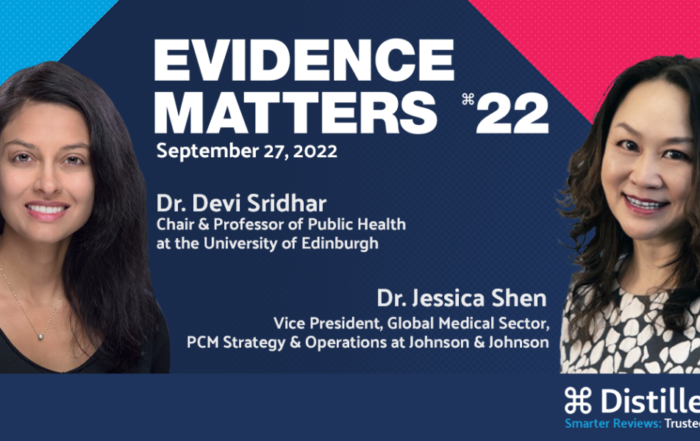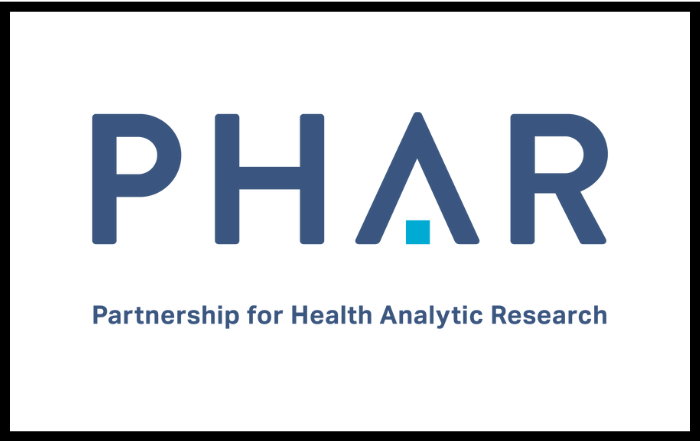Increasingly the availability of multiple treatment options is providing the opportunity to take a personalized approach to the treatment of chronic long-term health conditions such as multiple sclerosis (MS). Allowing the clinician to tailor an individual patient’s treatment according to their specific characteristics, predicted response, and/or previous treatment experience effectively providing an individual treatment sequence for each patient. However, clinical guidelines provide little guidance on sequences and HTA commonly involves assessment of a treatment option in a given position within a treatment sequence. It is unclear how clinicians are currently approaching and processing complex treatment decisions.
In this webinar, we will consider the apparent disconnect between HTA assessments of treatments within a specified location in a treatment sequence and clinical practice where a treatment sequence is tailored to the patient. Following an overview of the standard approach to HTA assessment of treatments in a sequence, we will present a novel approach to modelling treatment sequences which replicates the clinicians decision-making process. The approach will be illustrated using the example of relapsing remitting MS. Finally, we will provide attendees with examples of the information that can potentially be generated by the model to inform decision-making about treatment sequencing.
- To highlight the potential discrepancy between current HTA practice and clinical practice for assessing treatments for chronic conditions;
- To present an innovative approach to modelling treatment sequences that allows alternative and explicit objectives for making treatment switching decisions; and
- To illustrate the range of possible information that this type of approach can provide to help inform decision-making.
Click here for additional information and registration details.



